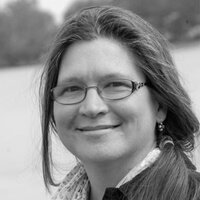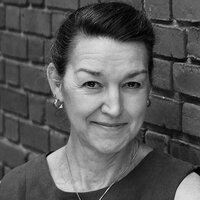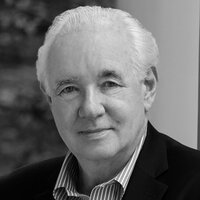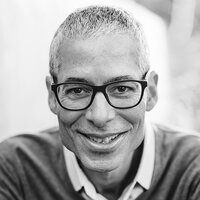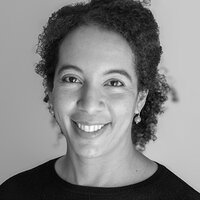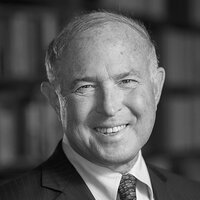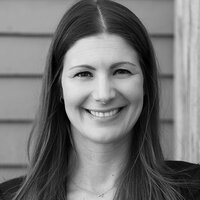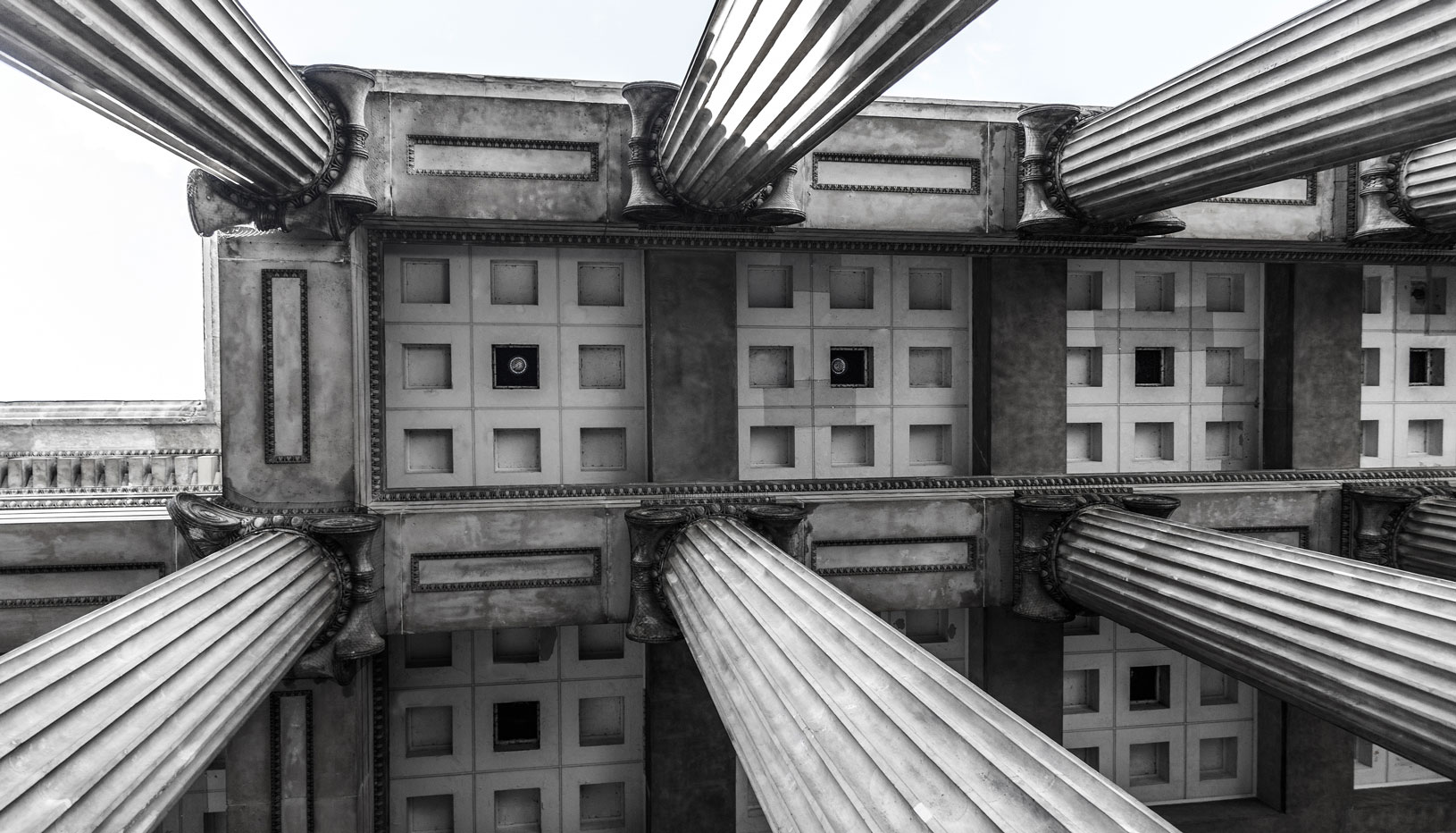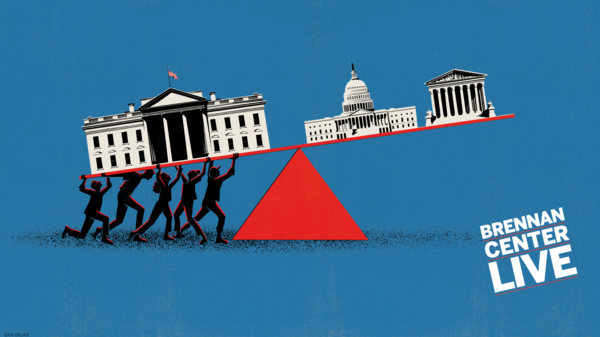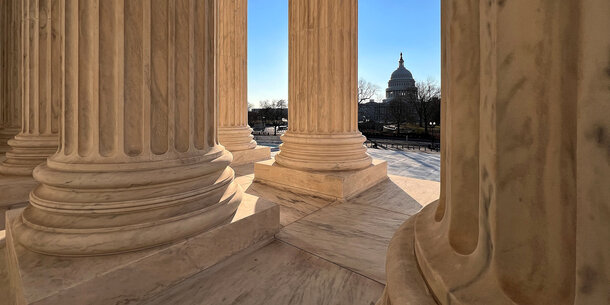
In recent years, the U.S. Supreme Court has repeatedly relied on history to decide major questions of constitutional law. But the Court’s historical accounts are often deeply flawed, departing significantly from historians’ understandings of the past and their shared methods for creating accurate interpretations of it.
To help change the national legal conversation on history and the Constitution, the Brennan Center has convened a council of expert historians from leading institutions nationwide.
The council’s members include winners of the Pulitzer Prize, the Bancroft Prize, the Guggenheim Fellowship, and the MacArthur Fellowship, as well as numerous awards given by history’s top professional organizations. Their expertise spans from early American history through the 20th century and covers the gamut of topics relevant to today’s biggest constitutional questions.
The council advises the Brennan Center’s experts on the historical dimensions of major legal issues, encourages accurate understandings of the United States’ past, and fosters more responsible approaches to history in the courts as judges increasingly grapple with whether and how the past should inform their rulings.
The council’s members and their areas of expertise are listed below. Their institutional affiliations are provided for identification purposes only.
